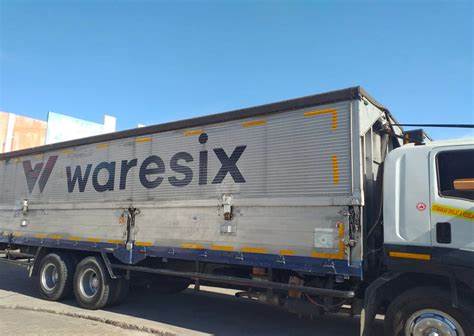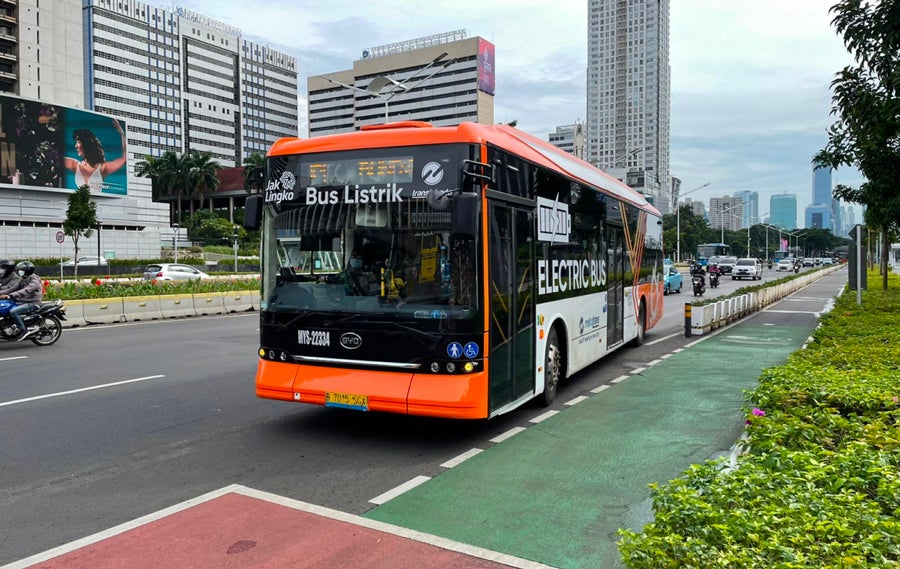Sjaifudin Thahir, Corporate Communication BKI deliver that cargo holds of container ships are fitted with two basic types of ventilation systems, namely natural and mechanical. Mechanical ventilation could be of either the supply or the exhaust type. Container ships certified to carry D.G cargo underdeck, are fitted with mechanical ventilation fans meeting SOLAS special requirements for ships carrying dangerous goods.
Such fans operate in the exhaust mode and are capable of providing at least Six air changes per hour for removal of vapours from upper or lower parts of the cargo spaces as appropriate. Cargo holds designated for carrying refrigerated containers may be fitted with additional ventilation fans which operate in the supply mode. Operation of these ventilation fans will provide forced ventilation required for the operation of reefer container refrigeration units.
When carrying D.G cargo in such cargo holds, care must be exercised to operate only exhaust mode ventilation fans, where fitted, by reversing direction of reversible fans to operate in the exhaust mode. Condensation on the surface of the cargo: Condensation can form on the cargo as a result of climatic conditions.Cargo sweat can always occur when the temperature of the cargo is lower than or equal to the dew point. It can also occur during transportation from temperate latitudes, e.g. from northern-hemisphere winter to the tropics.
Proper cargo hold ventilation is also effective in controlling hull corrosion caused by the presence of moisture and free water inside cargo holds. The temperature of the cargo within a container can vary according to place and time (e.g. during a cooling or warming process). Moisture and free water in cargo holds could result from sweat which might be either ship’s sweat or cargo sweat and from other sources like rain water, leakages etc. Such moisture and free water will accelerate corrosion and cause deterioration of structural members and plating within the cargo hold. Hull corrosion caused by such reasons can be effectively controlled by carrying out proper ventilation which must be planned and undertaken on passage as necessary. (st/bki)






